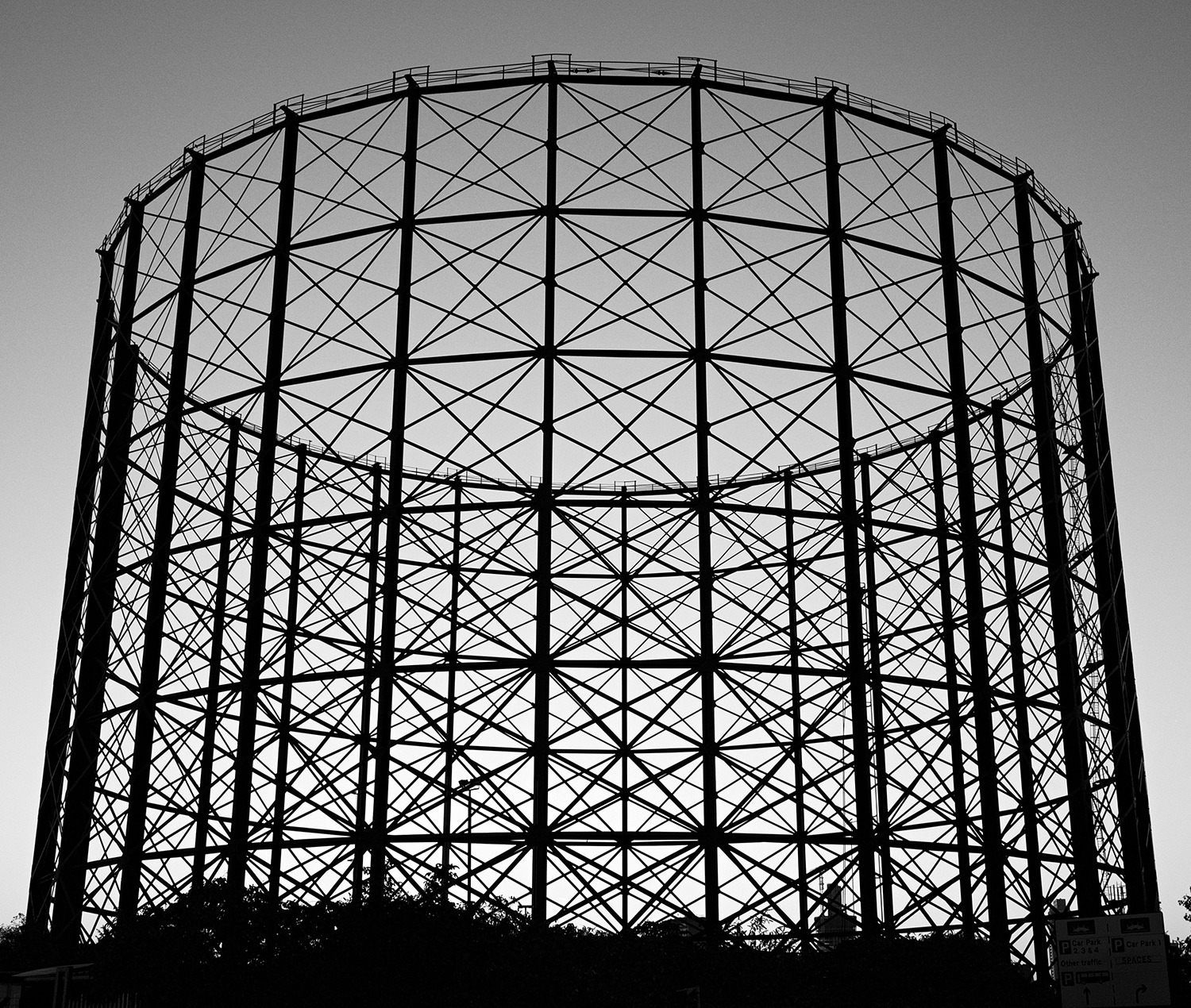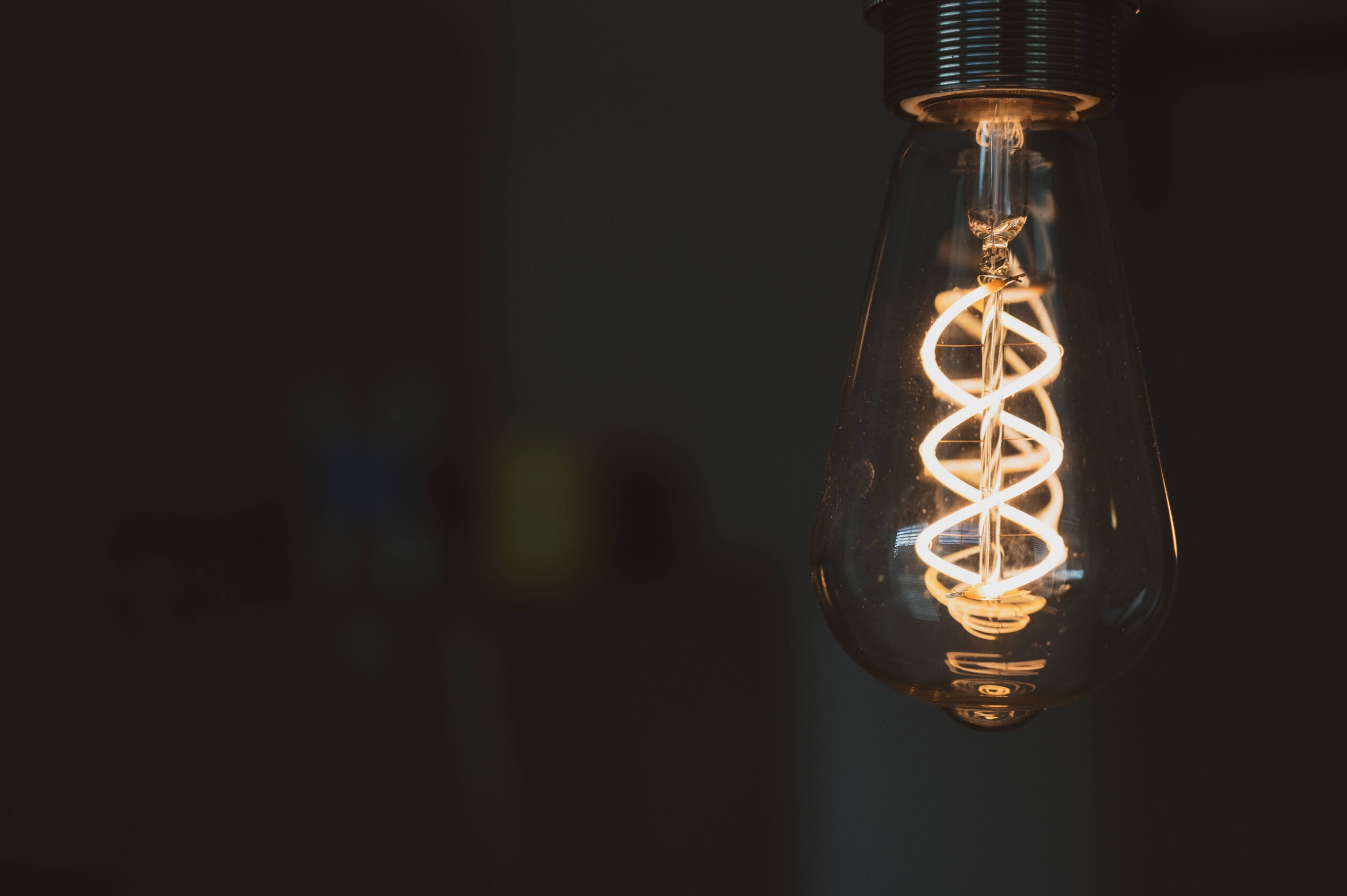What is a KWh?
A KWh is a unit of energy equal to one kilowatt of power sustained for one hour or 3600 kilojoules (3.6 megajoules).
Well, that clears that up!
Joking aside, the explanation above is not exactly simple and, if you are new to KWh, or are trying to figure out your energy bill, the standard definition doesn’t really help.
A 2016 study by USwitch showed that 60% of customers did not understand their energy bills, mostly due to the language and terminology used.
You’ve probably seen KWh on your energy bills as it is how your energy is measured to find out how much you need to pay. But do you understand how the cost is really calculated?
We’re going to break it down and give you an explanation that won’t leave your head spinning!

What is a kilowatt?
A kilowatt is 1,000 watts – a bit like how a litre is 1,000 millilitres, or a mile is 1,000 metres.
A watt unit of measurement that tells us how much power an appliance needs to operate, and different appliances require different amounts of watts, or wattage, to work..
What is a KWh?
A KWh is a Kilowatt Hour – this is how much energy it takes to run a 1,000 kilowatt appliance for one hour.
There are also Megawatt-hours (MWh), gigawatt-hours (GWh), and terawatt-hours (TWh) but these are mostly used by big industrial companies. You’re unlikely to see them on your home electric bill!
Because of the name kilowatt hour (KWh), you could be mistaken for thinking that 1 KWh = 1 hour of time, but that’s not how it works.
Instead, a KWh is the amount of energy used and it differs depending on what you’re using.

Confused? Let’s break it down
Electrical items are often categorised by their wattage – a 100 watt bulb, a 50 watt radio, or a 2,000 watt microwave.
These different wattages mean they take different amounts of energy, and therefore have different measurements.
The lower the wattage, the longer it takes to use up a KWh
- A 50 watt radio would take 20 hours to use up 1 KWh
- A 100 watt lightbulb would take 10 hours to use up 1 KWh
- A 2,000 microwave would take just 30 minutes to use up 1 KWh
Some appliances are more energy-efficient than others and so use less energy.
If you need a comparison, think about calories burned during exercise.
You burn a certain amount per hour depending on what you’re doing. Cycling burns more than walking, for example.
Energy is similar – appliances ‘burn’ energy at different rates and that is what we measure in KWh.
How much does 1 KWh of electricity cost?
The cost of energy is not static. Just like petrol and gas, the price of electricity depends on many outside factors, such as market conditions.
So, for the purposes of this article, let’s say that electricity costs 10p for 1 KWh.
In order to work out how much electricity something costs, we need to know three things;
- The wattage
- How many hours you’re using
- How much 1 KWh costs
You want to play a video game on your games console. You know that the console is 1,000 watts, and the game you want to play will take 6 hours to complete.
We already know that 1 KWh is 10p so we can use the following formula;
kW wattage of the appliance X the hours you’re using it X the electricity cost in pounds and pence.
Which gives us;
1kW x 6 hours x 0.10p electricity cost per kWh = £0.60p a day
Once you know the formula, you can adapt it to calculate the cost of any appliance. For example, if the console is 2,000 watts instead and you want to play for 7 hours;
2kW x 7 hours x 0.10p electricity cost per kWh = £1.40p a day
Obviously, the price of electricity changes, and not every appliance will clearly state its wattage, but if you can use the formula above, you can work it out.
Still confused?
Contact our experts in KWh!
The helpful and experienced team at myenergi are always on hand to answer your questions, simply fill in the form or call us on 0333300 1303

